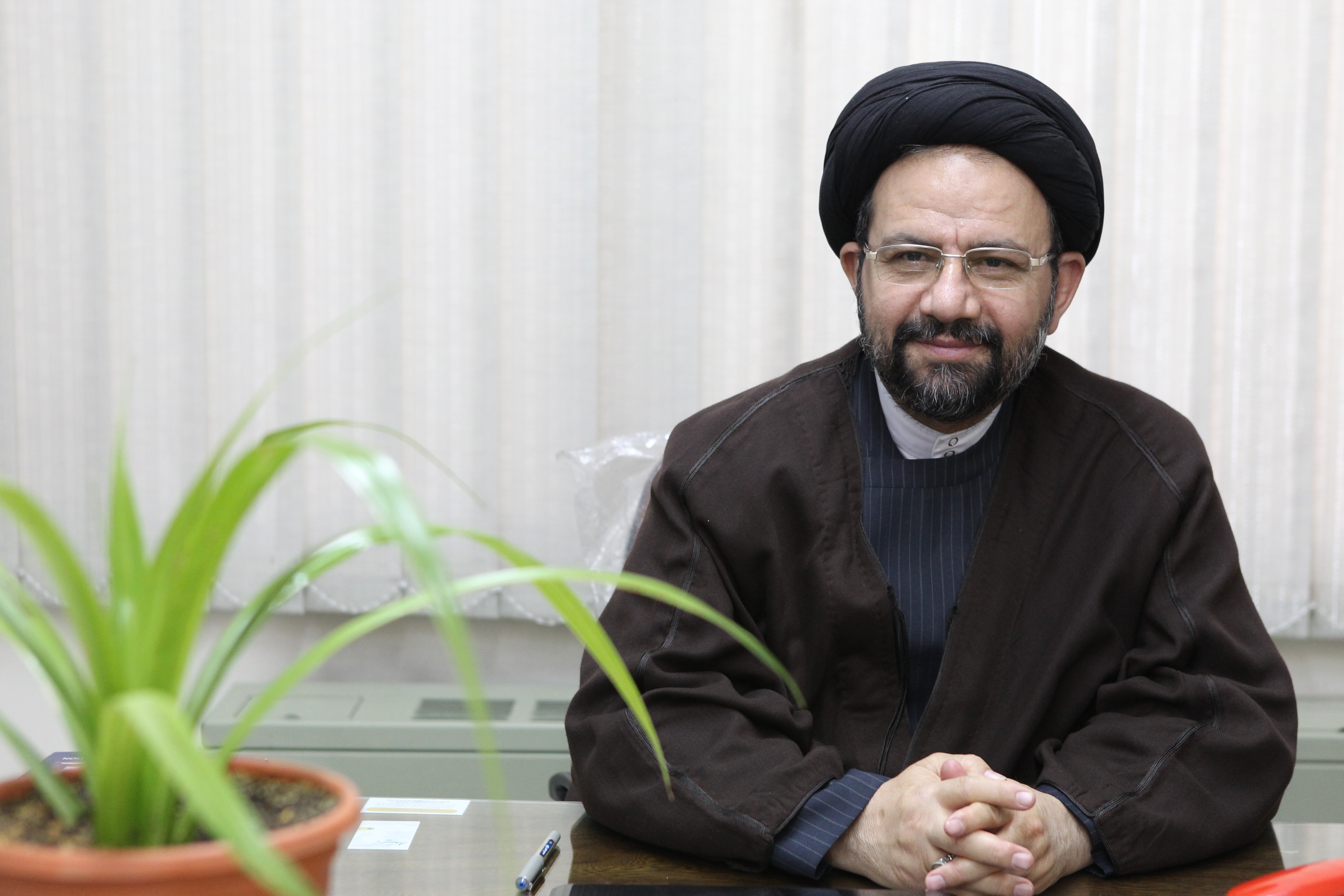Mental health: Overcoming the stigma of mental illness
False beliefs about mental illness can cause significant problems. Learn what you can do about stigma.
Stigma is when someone views you in a negative way because you have a distinguishing characteristic or personal trait that's thought to be, or actually is, a disadvantage (a negative stereotype). Unfortunately, negative attitudes and beliefs toward people who have a mental health condition are common.
Stigma can lead to discrimination. Discrimination may be obvious and direct, such as someone making a negative remark about your mental illness or your treatment. Or it may be unintentional or subtle, such as someone avoiding you because the person assumes you could be unstable, violent or dangerous due to your mental health condition. You may even judge yourself.
Some of the harmful effects of stigma can include:
- Reluctance to seek help or treatment
- Lack of understanding by family, friends, co-workers or others you know
- Fewer opportunities for work, school or social activities or trouble finding housing
- Bullying, physical violence or harassment
- Health insurance that doesn't adequately cover your mental illness treatment
- The belief that you'll never be able to succeed at certain challenges or that you can't improve your situation
Steps to cope with stigma
Here are some ways you can deal with stigma:
- Get treatment. You may be reluctant to admit you need treatment. Don't let the fear of being labeled with a mental illness prevent you from seeking help. Treatment can provide relief by identifying what's wrong and reducing symptoms that interfere with your work and personal life.
- Don't let stigma create self-doubt and shame. Stigma doesn't just come from others. You may mistakenly believe that your condition is a sign of personal weakness or that you should be able to control it without help. Seeking psychological counseling, educating yourself about your condition and connecting with others with mental illness can help you gain self-esteem and overcome destructive self-judgment.
- Don't isolate yourself. If you have a mental illness, you may be reluctant to tell anyone about it. Your family, friends, clergy or members of your community can offer you support if they know about your mental illness. Reach out to people you trust for the compassion, support and understanding you need.
- Don't equate yourself with your illness. You are not an illness. So instead of saying "I'm bipolar," say "I have bipolar disorder." Instead of calling yourself "a schizophrenic," say "I have schizophrenia."
- Join a support group. Some local and national groups, such as the National Alliance on Mental Illness (NAMI), offer local programs and Internet resources that help reduce stigma by educating people with mental illness, their families and the general public. Some state and federal agencies and programs, such as those that focus on vocational rehabilitation or the Department of Veterans Affairs (VA), offer support for people with mental health conditions.
- Get help at school. If you or your child has a mental illness that affects learning, find out what plans and programs might help. Discrimination against students because of a mental health condition is against the law, and educators at primary, secondary and college levels are required to accommodate students as best they can. Talk to teachers, professors or administrators about the best approach and resources. If a teacher doesn't know about a student's disability, it can lead to discrimination, barriers to learning and poor grades.
- Speak out against stigma. Consider expressing your opinions at events, in letters to the editor or on the Internet. It can help instill courage in others facing similar challenges and educate the public about mental illness.
Others' judgments almost always stem from a lack of understanding rather than information based on the facts. Learning to accept your condition and recognize what you need to do to treat it, seeking support, and helping educate others can make a big difference.





